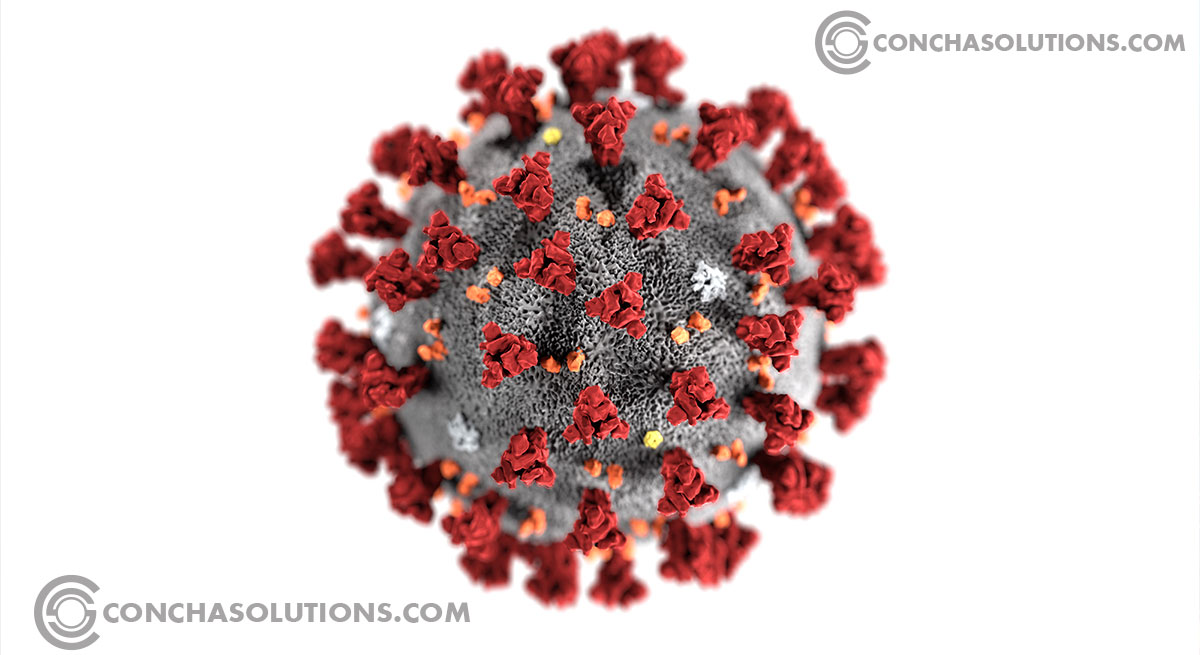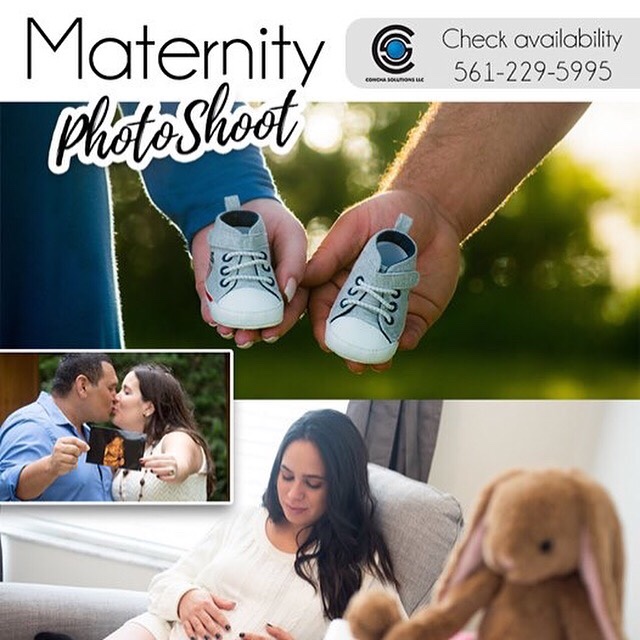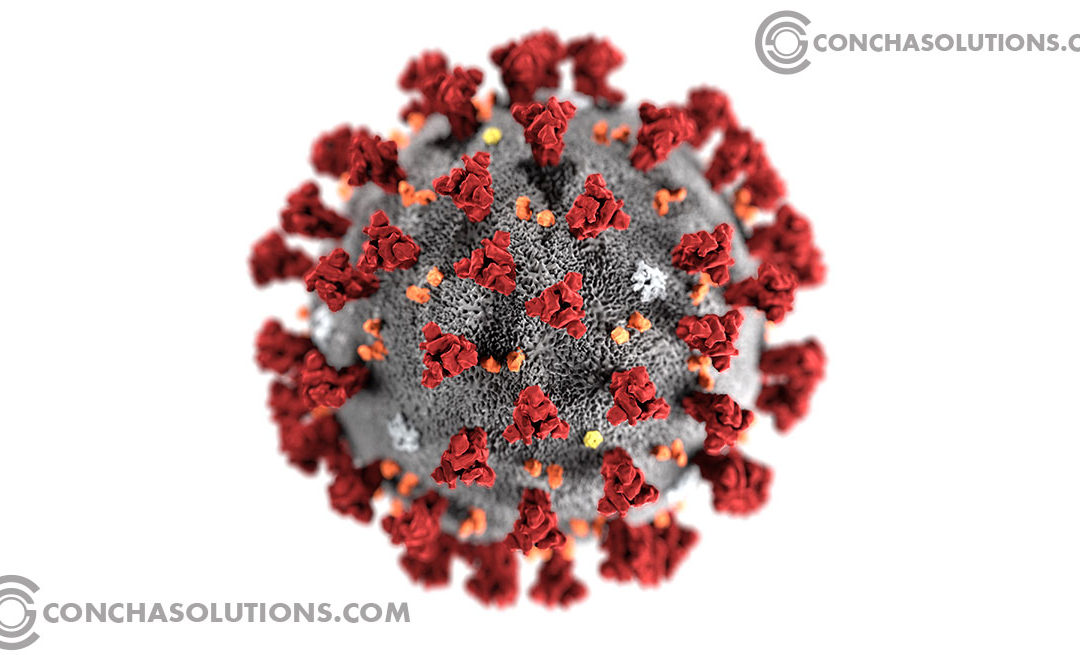The details of your emergency operations plan should be based on the size and duration of your events, demographics of the participants, complexity of your event operations, and type of on-site services and activities your event may offer.
Review the existing emergency operations plans for your venues
- Meet with the emergency operations coordinator or planning team at your venues. Discuss the emergency operations plans and determine how they may impact aspects of your events, such as personnel, security, services and activities, functions, and resources. Work with the emergency operations coordinator or planning team to prepare for the key prevention strategies outlined in this guidance. Develop a contingency plan that addresses various scenarios described below which you may encounter during a COVID-19 outbreak.
- Establish relationships with key community partners and stakeholders. When forming key relationships for your events, include relevant partners such as the local public health department, community leaders, faith-based organizations, vendors, suppliers, hospitals, hotels, airlines, transportation companies, and law enforcement. Collaborate and coordinate with them on broader planning efforts. Clearly identify each partner’s role, responsibilities, and decision-making authority. Contact your local public health department for a copy of their outbreak response and mitigation plan for your community. Participate in community-wide emergency preparedness activities.

Communicate about COVID-19
- Stay informed about the local COVID-19 situation. Get up-to-date information about local COVID-19 activity from public health officials. Be aware of temporary school dismissals in your area because these may affect event staff.
- Update and distribute timely and accurate emergency communication information. Identify everyone in your chain of communication (for example, event staff, participants, suppliers, vendors, and key community partners and stakeholders) and establish systems for sharing information with them. Maintain up-to-date contact information for everyone in the chain of communication. Identify platforms, such as a hotline, automated text messaging, and a website to help disseminate information. Update key community partners and stakeholders regularly. Share information about how you and the emergency operations coordinator or planning team for the venues are responding to the outbreak.
- Identify and address potential language, cultural, and disability barriers associated with communicating COVID-19 information to event staff and participants. Information you share should be easily understood by everyone attending the events. Learn more about reaching people of diverse languages and cultures by visiting: Know Your Audience. You also can learn more about communicating to staff in a crisis at: Crisis Communications Plan.

Book a Family Photo Session Today
Includes:
⏱ 1 hour Outdoor or Indoors
? All the photos ready to download
? online gallery easy to share with friends
- ?PLUS:
Print your photos in any material and any size
Create customized mugs, puzzles, cellphone cases, wall art, and more...
Delivery to any location in the US

Contact Us Now


Recent Comments